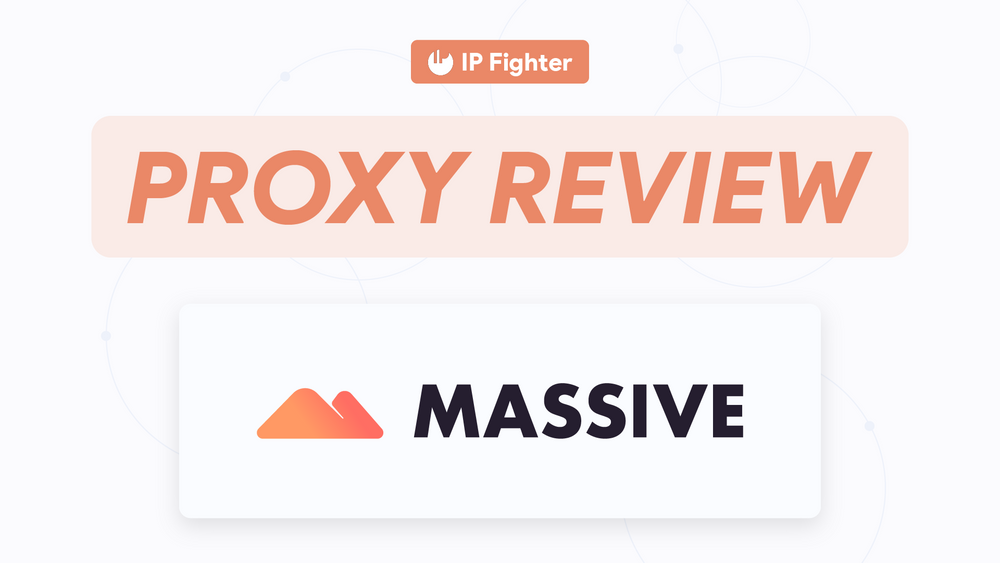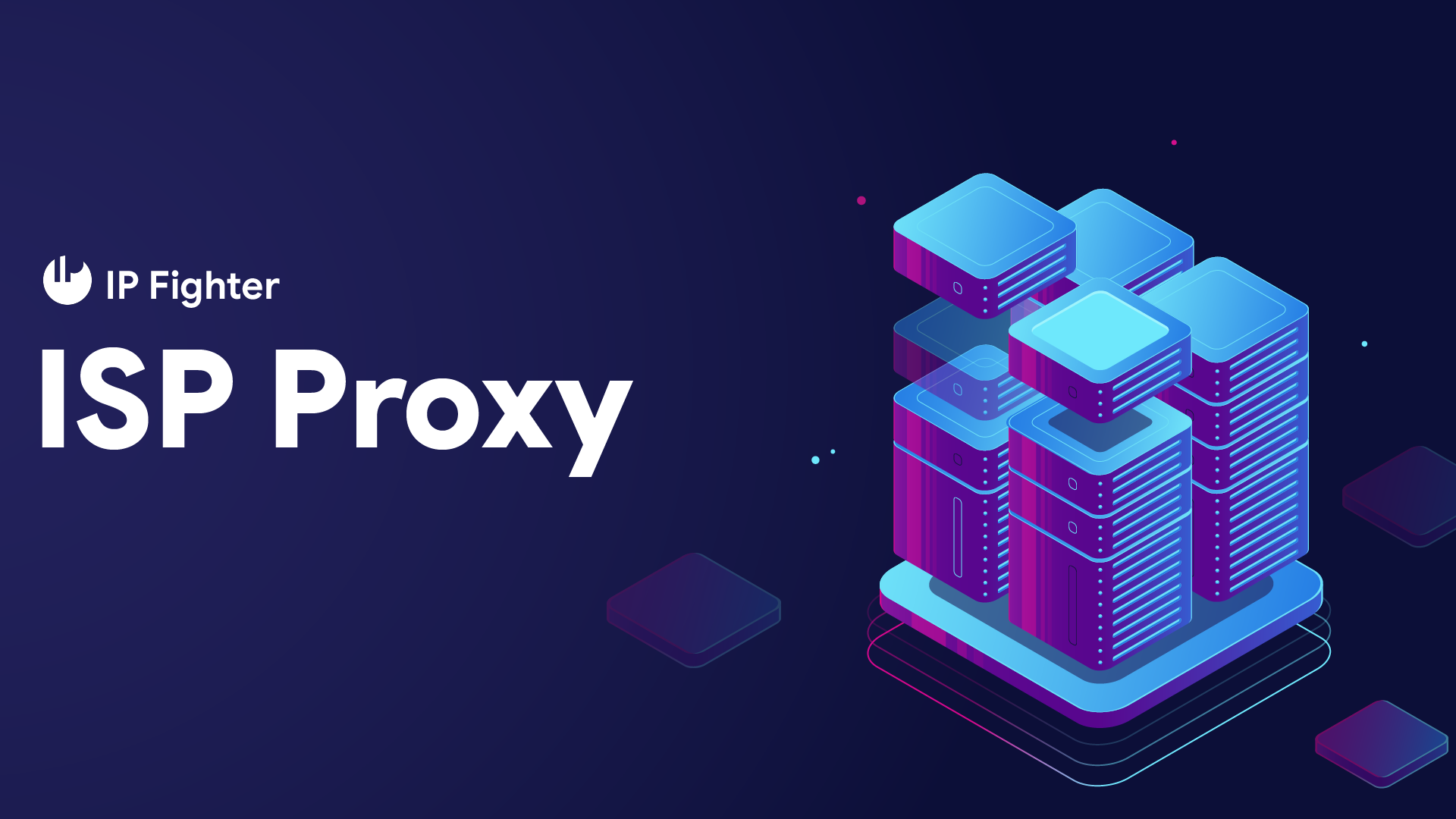Proxies are essential to your online tasks, especially for those who are running multiple accounts. Picking the right type of proxies for your accounts is important to keep the accounts safe and secured. Among these, ISP proxies appear as an useful sidekick with a combination between Datacenter and Residential proxies: they're fast yet hard to detect.
In this blog post, we'll take a closer look at what ISP proxies are, how they work, and why they might just be the missing piece in your online puzzle for account management.
|
Understanding ISP Proxies
|
At its core, an ISP proxy is a server provided by an Internet Service Provider (ISP) that acts as an intermediary between your device and the internet. Unlike traditional proxies, ISP proxies offer a unique fusion of datacenter speed and residential legitimacy.
Before they became popular, ISP Proxies were called Static Residential Proxies due to its characteristics: they were hosted on servers and didn’t have to rotate IPs as much as regular residential proxies tied to a home network do.
|
Despite being the middleman, ISP proxies make your internet faster and more efficient by managing connections between your device and websites. These proxies use real IP addresses from real internet providers, but they’re a little bit different with the residential IP addresses from households.
When you get the internet at home, your provider gives you an IP address. This is like a private address given by the provider, different from datacenter proxies that belong to a data center buying a pool of addresses. An ISP proxy is like a VIP IP address associated with your internet provider, hosted on a server, not a residential device like your phone or computer.
|
ISP proxies excel in managing connections between user devices and websites. Despite their intermediary role, they contribute to improved internet speed and efficiency by strategically handling data traffic.
|
2. The Origin of ISP Proxies
|
Traditionally, static proxies were synonymous with datacenter addresses, capable of maintaining online presence for extended periods. The advent of ISP proxies revolutionized this landscape by registering datacenter IP addresses under ISPs, combining the stability of data centers with the authenticity of residential IPs.
|
ISP proxies leverage robust servers, ensuring near-perfect uptime and lightning-fast speeds. This makes them ideal for users seeking high-performance proxies.
|
The association with legitimate ISPs lends ISP proxies an air of authenticity. Websites perceive them as genuine user connections rather than proxy activity, enhancing online anonymity and reducing the risk of bans.
|
One notable advantage of ISP proxies lies in their billing structure, often based on the number of IP addresses rather than data consumption. Users can, therefore, enjoy unlimited bandwidth without worrying about usage limits.
|
4. Stability and Reliability
|
With static IP addresses, ISP proxies remain consistent over time, making them a preferred choice for account management. The unchanging nature of the IP addresses adds a layer of authenticity, mimicking real user behavior.
|
Limitations of ISP Proxies
|
Despite their numerous advantages, ISP proxies do come with potential limitations.
Cost: While ISP proxies offer a myriad of advantages, they may come with a higher price tag. The costs incurred by ISPs in maintaining and assigning these specialized IP addresses contribute to the overall expense.
Smaller proxy pool: Compared to other proxy types, the pool of available IPs in ISP proxies might be smaller. This limitation can impact scalability, particularly for large-scale operations.
|
How are ISP Proxies Different from Datacenter Proxies and Residential Proxies?
|
1. Comparison with Residential Proxies
|
ISP proxies, while also offering anonymity, might be considered less secure than Residential proxies. The latter uses IP addresses associated with real residences, adding an extra layer of authenticity.
However, for account management, a stable, long-term IP address that remains the same after a long period of time is still a more suitable choice over a rotating, regularly changing IP address. Therefore, ISP Proxies meet the demands of those who want to maintain high-value accounts for an extended period.
|
2. Comparison with Datacenter Proxies
|
The primary advantage of ISP proxies over Datacenter counterparts lies in their association with genuine home or business internet connections. This higher level of trustworthiness makes them less susceptible to website blocks or detections. Thus, although Datacenter proxies are cheaper, they’re easily detected and certainly not a good match for account management compared to ISP proxies.
|
In conclusion, ISP proxies represent a compelling fusion of data center efficiency and residential authenticity. Their unique combination of speed, anonymity, and reliability positions them as a valuable choice for users seeking a proxy solution that balances performance with genuine user impressions. As the landscape of online privacy evolves, ISP proxies stand at the forefront, offering a dynamic and effective approach to secure online interactions.
|
|


